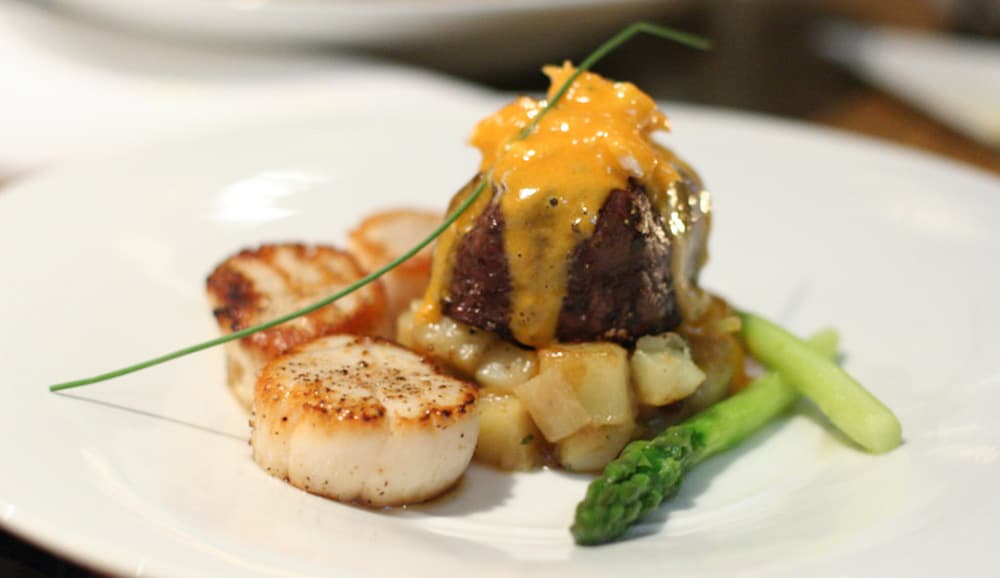
Not only do meal caps for pharmaceutical meetings—which were first introduced 5 years ago—make it difficult for meeting planners to deliver quality food and beverage at their events, they are a burden on hotel partners as well.
Acceptable meal caps, as defined in the PhRMA Code, must be “modest by local standards,” which is not only an ambiguous phrase but does not take into account pricing variances from hotel to hotel and from city to city. As a result of the Code, pharma companies have set generic rules that are becoming increasingly challenging for planners and catering managers to adhere to.
At Genentech, Senior Meeting Planner Kim Kohara has a specific challenge because of multiple attendees coming from different countries, with different caps for each country. “For example, I’m planning a dinner meeting in the US with attendees from the US, London, France, Canada and Netherlands. In this instance, I have to go with the lowest common denominator.”
It’s also nearly impossible to keep to meal caps in certain top tier cities, such as New York City. “You can get a hot breakfast at the Westin in St. Louis for $40 and a similar breakfast at the Westin in Times Square will cost $75,” she says. On top of that, while prices for certain items—avocados, lettuce, almonds and beef among them—have escalated, meal caps have remained flat. “They aren’t really keeping up with real world economy.”
Why haven’t pharmaceutical companies been more willing to adjust caps? “Companies are nervous about being the first to raise them, since it could potentially make them enforcement targets, says Shimon Avish, senior director solutions design, BCD Meetings & Events, who does know of one company that is currently reviewing their caps based on field research they conducted with hoteliers.
He advises letting hotels know the constraints you are working with from the very beginning. “Keep in mind that many hoteliers are saying it’s becoming hard to work with pharma clients because their meal caps are low and they are used to getting their way. Work in partnership with your hotel to create the best menu you can for the best price, and don’t be that customer that insists the results of your negotiations be a win for your company and a loss for the hotel.”






